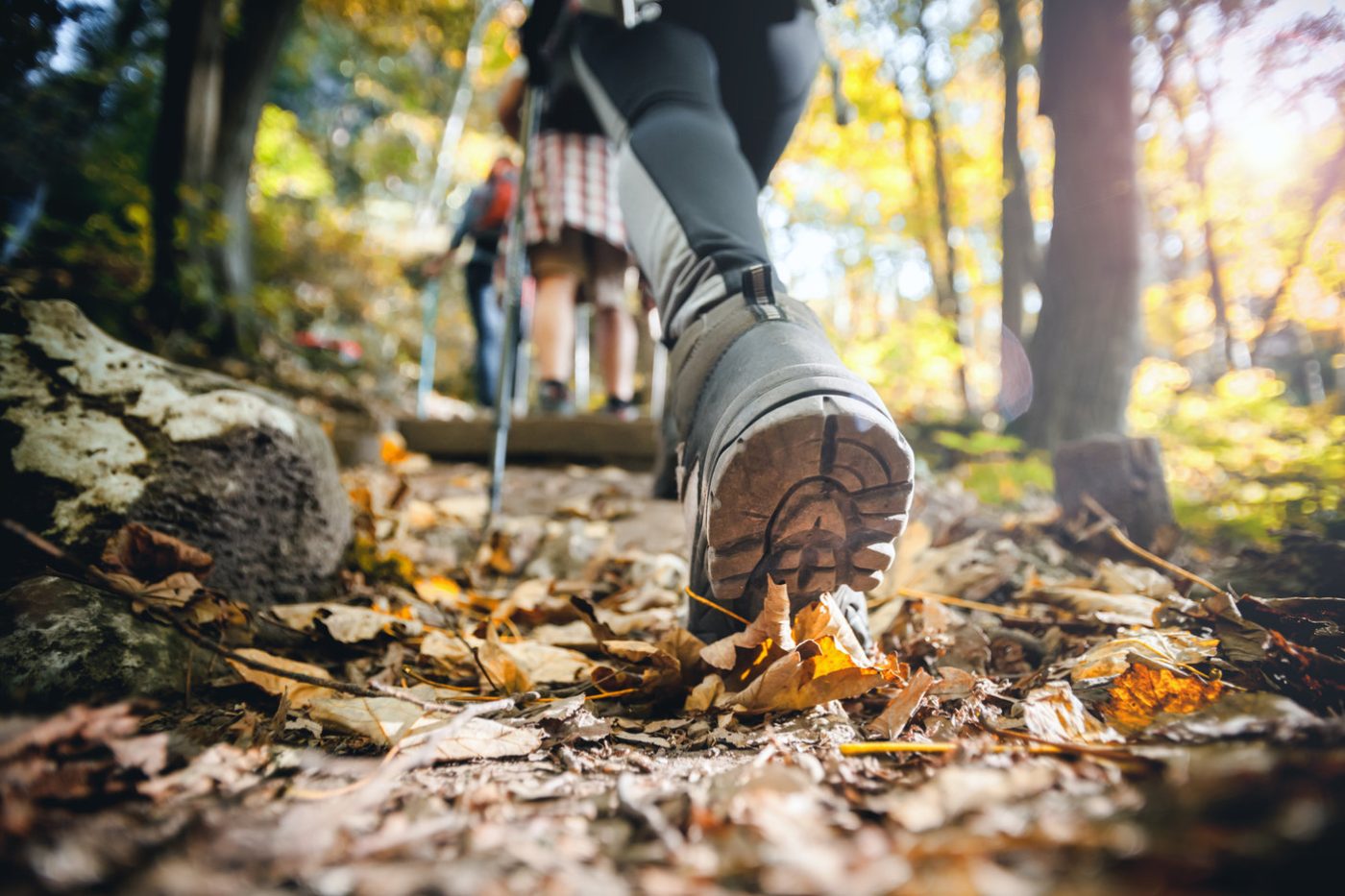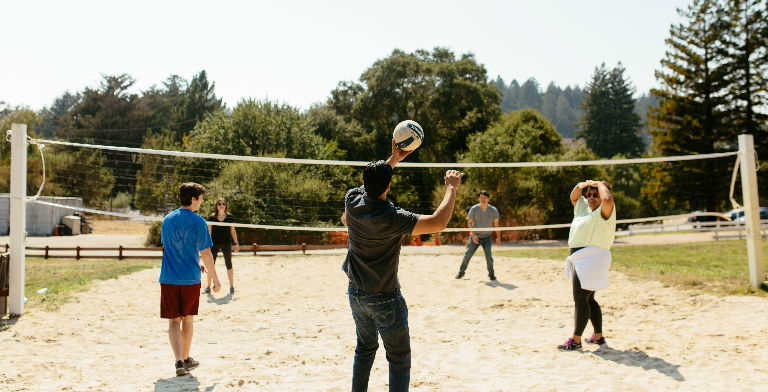About Relapse
About Heroin Abuse Relapse
Heroin addiction is a devastating and potentially deadly disorder. Anyone who demonstrates the courage, strength, and conviction that is necessary to get help and overcome heroin addiction has made a tremendous accomplishment, and is worthy of respect and admiration.
Unfortunately, the reality of heroin addiction is that overcoming this disorder does not mean that a person is cured. Instead, success over heroin addiction is an ongoing process of managing symptoms, identifying pitfalls, and putting in the hard day-by-day work of remaining in recovery.
Effective heroin addiction treatment programs understand that receiving professional care is just one step along the long path of heroin recovery, and will work to help individuals develop the skills and strategies that will help them to resist relapse and protect their sobriety.
When an individual completes treatment, it is important that he or she practices these skills, employs these strategies, and puts the other relapse-prevention lessons that he or she has learned to use on a daily basis. In recovery, being proactive is essential. Waiting until a crisis occurs can jeopardize a person’s recovery and put his or her continued wellbeing at risk.
Why It Happens
Reasons Why People Relapse
Two fundamental skills for effective relapse prevention are understanding the concept of a trigger and identifying the experiences and events that can push an individual to resume the abuse of heroin.
Relapses can be caused, or triggered, by a myriad of factors, often acting in combination to overwhelm the recovering individual’s ability to stay sober. In the same manner that a person’s risk for developing a heroin addiction in the first place can be influenced by various genetic and environmental issues, so, too, can the likelihood that he or she will remain in recovery be increased or decreased by a wide range of internal and external considerations.
The following are just a few of the many events and experiences that can trigger a heroin relapse:
- Intense physiological cravings for heroin
- Unexpected and/or overwhelming stress
- Attending an event at which heroin is available, or seeing other people abuse heroin
- Encountering individuals with whom one previously engaged in heroin abuse
- Job loss, unemployment, and/or other career or financial setbacks
- Co-occurring mental health disorders, including ,but not limited to, anxiety disorders, depressive disorders, and posttraumatic stress disorder (PTSD)
- Trauma, loss, and grief
- Overconfidence
- Boredom
- Diminished self-esteem
As the list above demonstrates, potential triggers can include both major life events, such as the death of a loved one, and apparently minor experiences, such as boredom. In many cases, it is the cumulative effect of both major and minor experiences that overwhelms a person’s ability to resist relapse. This underscores the importance of practicing healthy relapse-prevention skills on a daily basis instead of waiting until one realizes that he or she is on the precipice of relapse.
Prevention
How to Prevent Relapse
As is also the case when initially overcoming addiction, preventing relapse is a matter of dedication, effort, and ongoing vigilance. The following are a few of the many activities that a person can incorporate into his or her life to increase his or her ability to remain in recovery from heroin addiction:
- When selecting an addiction treatment program, if at all possible choose one that includes a thorough discharge planning process. Be sure to collaborate with your treatment team to ensure that your discharge plan addresses your unique strengths, needs, and goals.
- If your program offers alumni services, aftercare options, or other ongoing support opportunities, participate in such offerings to the greatest degree that you can.
- Get involved with a 12-Step group or other recovery support organization. Developing strong ties within the recovery community will help you to remain focused and accountable.
- Find healthy and productive ways to fill the time that you previously spent abusing heroin. Get a hobby, take up a sport, volunteer, or find other positive ways to channel your energy and eliminate boredom.
- Practice self-care and use your stress-management skills every day. Meditation, yoga, journaling, mindfulness, and related efforts yield the most benefits when they are integrated into your daily life.
- Get a personal support network. Recruit a small group of close friends and/or trusted family members to help monitor your progress and provide support.
- Do not be ashamed to get professional help if and when you need such services. From scheduling a session with a therapist to re-enrolling in a treatment program, get the type and level of help that can help you remain in recovery or respond in a healthy manner from a relapse.
To learn more getting treatment for heroin addiction, preventing relapse, or recovering from setbacks in recovery, please feel free to contact us at your convenience. We look forward to helping you determine if The Camp is the perfect place for you or your loved one.
















